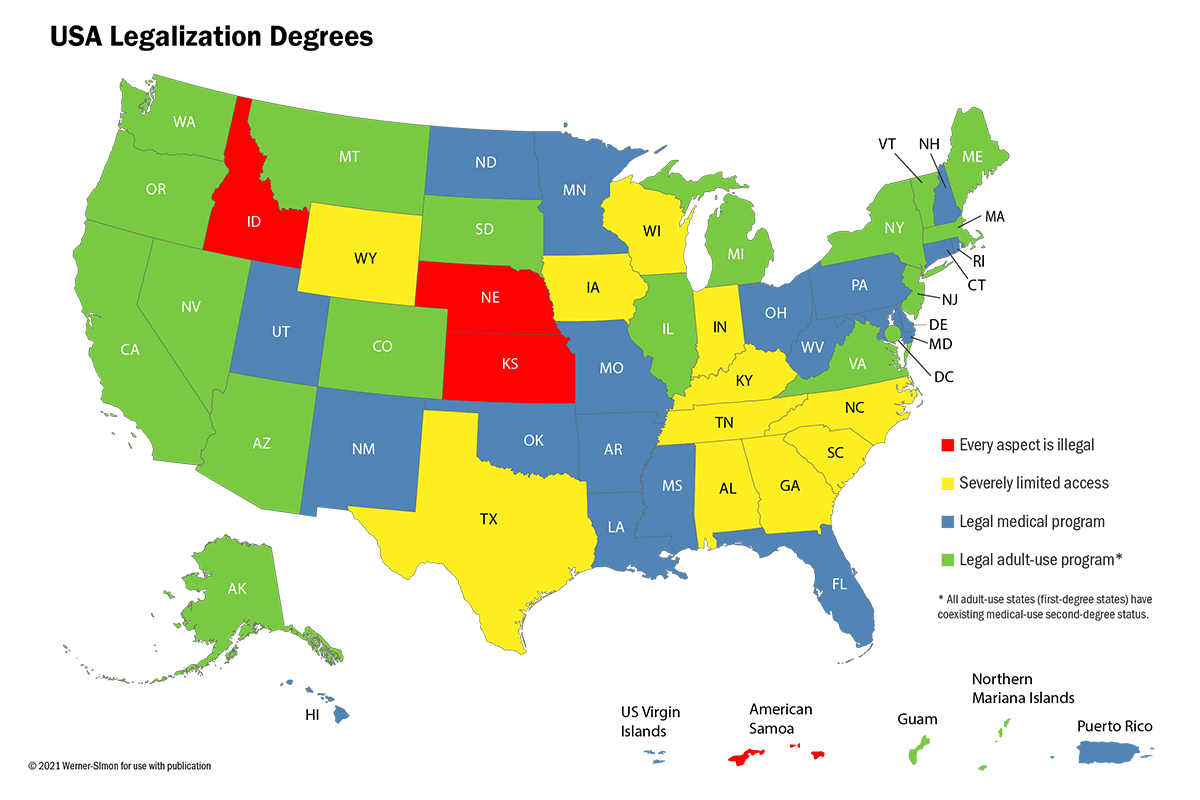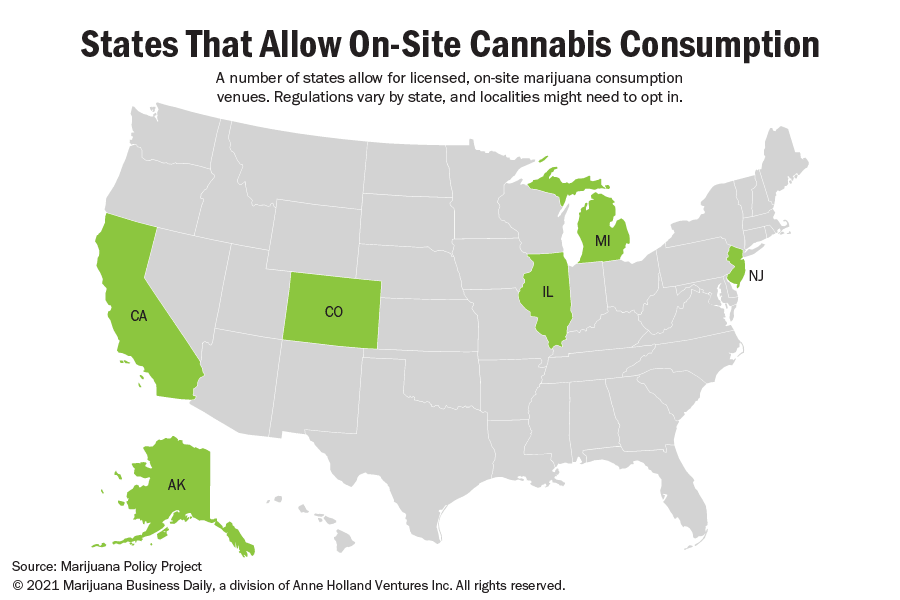A little over a year ago, marijuana and hemp extractors and manufacturers found themselves challenged like never before.
The global COVID-19 pandemic shuttered operations and threw supply chains into disarray.
Even manufacturers and processors who managed to stay open had to find new ways to sell ingredients and finished products to retailers unwilling to host sales visits.
But the most resilient cannabis manufacturers accelerated innovation and found strategies to stay open and even grow their businesses.
As business returns to normal, Marijuana Business Daily wanted to find out which emergency adaptations could stick around and which stopgaps will fade.
Manufacturers pointed to three pandemic-inspired innovations that they plan to retain – and one big change they’re happy to leave behind.
Diversifying and streamlining supply
Marijuana and hemp manufacturers were the first in the sector to see shockwaves as the global economy shut down.
Reliant on China for everything from vape cartridges and carrier oils to heavy manufacturing equipment, many extractors and product formulators were forced to make do with supplies they had on hand.
“There were major disruptions in supply chains,” explained Richard Batenburg Jr., board chair at Clear Cannabis, a Denver extraction firm that makes vaporizing hardware and THC and CBD concentrates.
The company, which has operations in six states, scrutinized its supply chain for vulnerabilities and found additional options for when certain suppliers went down.
“We diversified our supply chain wherever we could,” Batenburg said. “With some of the components where we were buying from four different places, we’ve got maybe 16 now.”
Streamlining processes was a must for Clear Cannabis and other manufacturers, from trimming unnecessary steps to finding ways to automate.
“There wasn’t any area of our business that we didn’t examine with a magnifying glass,” said Dan Gardenswartz, chief operating officer at Spherex, which extracts THC and makes vaporizer products in Aurora, Colorado.
For example, his company merged design and packaging to standardize options that reduce design, testing and proofing time.
“We’re starting to consolidate,” he said.
Delivery do-over
Once manufacturers had the supplies they needed to resume production, their supply-chain woes didn’t end. Many needed to find new ways to deliver their products.
At Northeast Kingdom Hemp, a family-run hemp farm and CBD extractor in Barton, Vermont, co-owner Karen Devereux found her reliance on standard first-class mail delivery wasn’t working.
“We had a lot of packages that got stuck at various hubs around the country,” Devereux said.
“I found that I needed to reship some things and make it ‘priority’ shipping. And that was a hit, because you’re not going to be paid twice. But we didn’t want customers out there unhappy because they didn’t get their stuff.”
Recalibrating outgoing shipping plans became just as crucial as recalibrating input supplies.
“That was a lesson I needed to learn,” Devereux said.
Putting people first
Manufacturers also needed to make immediate changes to keep their employees safe in a sector where working from home isn’t an option.
Some facility managers split shifts to make it easier to distance workers. Many added personal protective equipment and hired third-party testing firms to screen employees.
All manufacturers adjusted how they managed employees to make sure workers stayed healthy and had the support they needed to care for sick relatives or find child care.
The result was an end to command-and-control organization, replaced by collaborative problem-solving at all levels.
At Oregrown, which extracts marijuana THC in Bend, Oregon, and operates retail stores in several Oregon locations, executives started holding “leadership councils,” meetings in separate divisions to increase communication and identify staffers who could fill in when others needed to take a couple of days off for personal reasons.
Co-founder Hunter Neubauer said the meetings produced “phenomenal” results.
“I am talking tears and hugs and all sorts of emotions from situations that we would have never known,” he said. “It provided a platform for people to talk to not only their supervisors, but the owners.”
The monthly meetings will stay after the pandemic recedes, Neubauer said.
“The ideas and the conversations that come out of them are significant and very needed.”
Good riddance
One pandemic adaptation manufacturers say they’ll be glad to leave in the dust bin – virtual and distanced sales visits.
Unable in many cases to advertise, cannabis product manufacturers are heavily reliant on in-store demonstrations and swag giveaways.
And personal outreach to budtenders is an absolute must. Most folks don’t ask employees at a liquor store for beer recommendations, but budtenders hold enormous influence over which products sell best in marijuana dispensaries.
“A big part of our promotional arsenal is in-store stuff,” Gardenswartz said.
“There’s nothing better than having our people in the store making good noise for our brand and educating people, whether that’s customers or budtenders or store managers or purchasing managers.”
His company responded by increasing outreach efforts on social media and setting up remote-learning sessions for budtenders who could earn swag by taking virtual courses. The company got samples and swag delivered to budtenders once a month.
At Clear Cannabis, executives bought a van to do promotions in dispensary parking lots.
“We had to come up with new and creative ways to engage the customer, the retailer,” Batenburg said.
At Oregrown, which used to play host to up to 400 budtenders at sampling parties, human interaction was replaced by pamphlets and remote outreach.
It was an innovation that Neubauer is happy to leave behind.
“It’s tried and true that in-person is always the best,” he said. “We’re excited, getting back to doing events.”
Kristen Nichols can be reached at kristen.nichols@hempindustrydaily.com.





